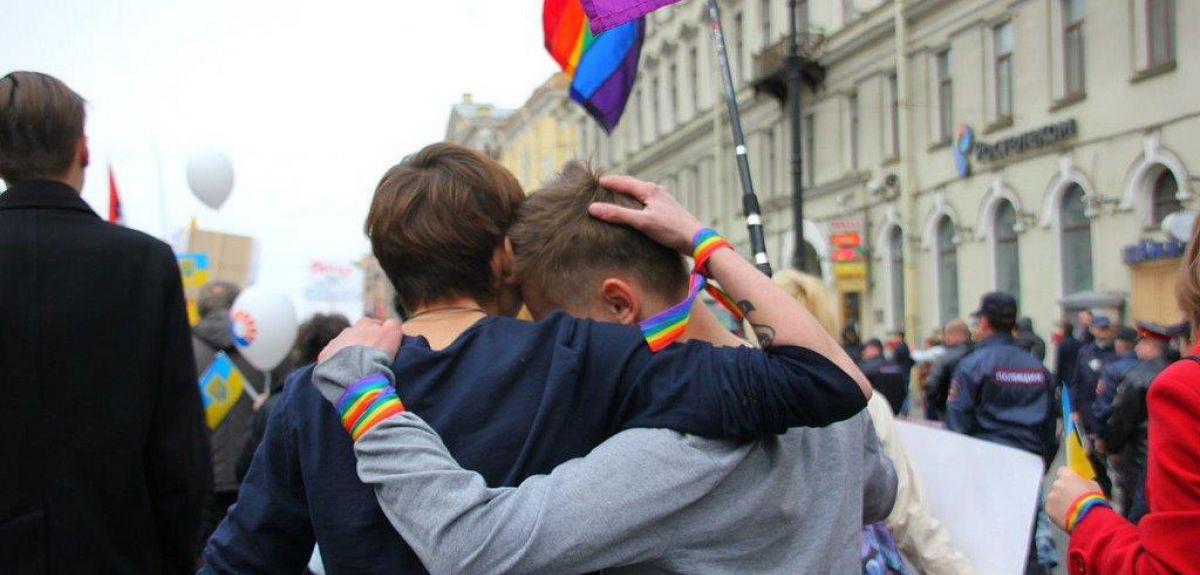
There have been shocking reports of detention and extra-judicial killings of gay men by Chechnya’s security forces this month.
Prof Healey explains that ‘the big difficulty for gay people or lesbians in a place like Chechnya is that you have to be straight on the outside and you ‘can only be gay or lesbian on the inside'. 'In other words, there’s no tolerance of any kind of openness about same-sex love in the Chechnya Republic and much more widely in Russia.’
He says the allegations fit a pattern of behaviour from the Chechen government. ‘This is a fairly peculiar government,’ he says.
‘It’s in the process of trying to pacify a war-torn region that has endured two wars in the last 20 years to try and separate from Russia, and it uses violence against its own people in that pacification process.
‘So we shouldn’t be too surprised to see this kind of lashing out at a particular community.’
Not safe at home
Prof Healey says that taboo around homosexuality in Chechnya means that gay people are also at risk from their own families.
‘Honour killings are a particular danger in this kind of society,’ he explains. ‘Most honour killings we know about are directed against women but here they would be meted out by other family members and that is because they would find it hard to stand up in their own communities having a visibly or known gay person in their family circle and family counts for a great deal in that society.
‘So there is a kind of vicious circle with no easy way out for LGBT people in a place like Chechnya.’
Prof Healey hopes the attention of the world’s media will put pressure on Russia to improve the position of gay people in Chechnya and Russia.
‘I think this attention is really necessary because Chechnya does not exist in a vacuum,’ he says. ‘It’s part of the Russian Federation which pretends to be a democracy which respects human rights and cares about the welfare of its citizens, and I think this kind of attention can prod the Russians to do the right thing and stop this kind of violence happening in a particular region of the country.’
He says that although male homosexuality is now legal in Russia, a law in 2013 which banned propaganda for LGBT lifestyles in Russia has been used to silence the voices of gay people.
‘The 2013 law has been used hundreds of times against Russian citizens across the Russian Federation to shut down gay websites and to silence people who speak out about injustices or abuses or the persecution of LGBT people.’
You can read the original article on the University of Oxford's Arts blog.